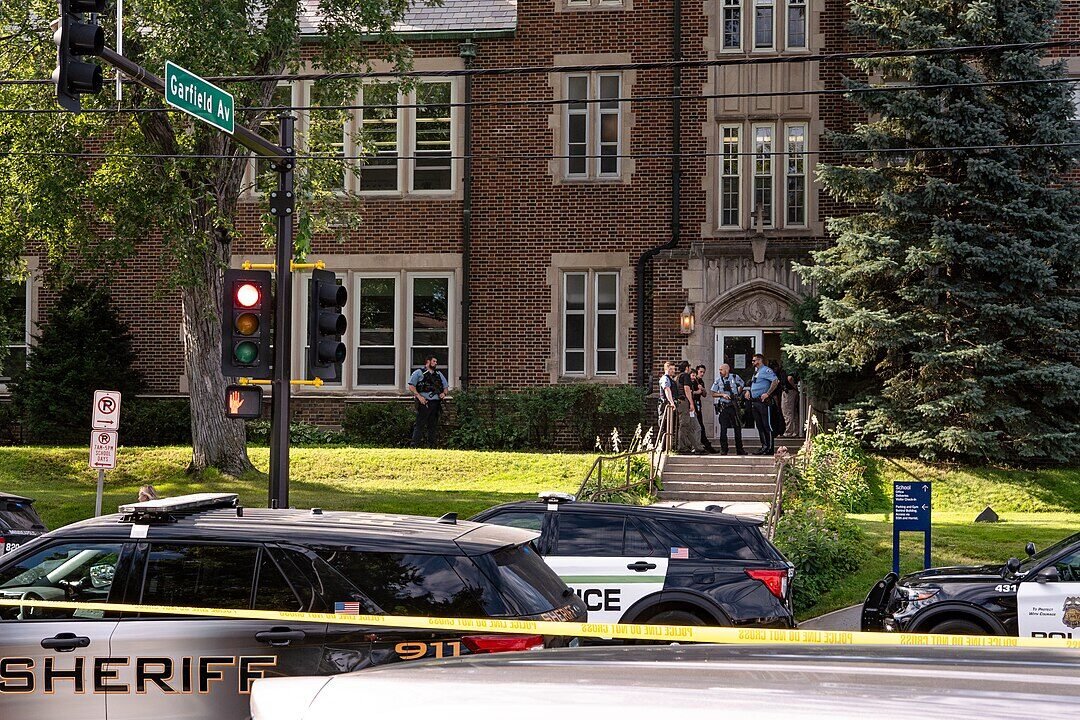File photo, image courtsey – Creator: Heute.at | Credit: AFP/Vince Bucci Copyright: AFP/Vince Bucci
Lyle Menendez Denied Parole After 35 Years, Still Serving Life in Notorious Family Murder Case
After spending more than three decades in prison for the murders that shocked a nation, Lyle Menendez once again faced a parole board — and once again, the answer was no.
Now 56, Menendez hoped to convince California officials that he had changed, that the man who pulled the trigger inside his family’s Beverly Hills mansion back in 1989 no longer exists. But the parole board didn’t see it that way. In their view, he hasn’t shown the depth of self-awareness and rehabilitation required for release — at least, not yet.
It’s a reminder that while time moves on, some crimes remain etched too deeply into the public conscience to ever truly fade.
Lyle and his brother Erik were both convicted in the mid-1990s for killing their parents, José and Kitty Menendez. The case became a national obsession — not just because of the violence involved, but because of the family’s image: wealthy, successful, seemingly picture-perfect. The courtroom became a stage for a disturbing story of alleged childhood abuse, emotional dysfunction, and ultimately, murder.
From the beginning, the brothers insisted they weren’t acting out of greed, but out of fear — saying they were trying to escape years of horrific abuse at the hands of their father. Their defense painted a picture of a household filled with control, trauma, and silence. Prosecutors, however, argued that the killings were cold-blooded and calculated, pointing to the lavish spending spree the brothers went on in the months after their parents’ deaths.
More than 30 years later, those conflicting narratives still hover over their legacy.
In the most recent hearing, held via video conference, Lyle appeared from R.J. Donovan Correctional Facility in San Diego County, where both he and Erik are serving life sentences without the possibility of parole. It’s rare for siblings convicted of the same crime to be housed together, but since 2018, the Menendez brothers have been incarcerated at the same facility — something they’ve said has given them some measure of peace.
During the session, the board acknowledged Lyle’s clean disciplinary record and his involvement in rehabilitative programs. He’s led support groups, mentored younger inmates, and participated in mental health counseling. But while those actions are meaningful, they weren’t enough in the eyes of the board. What they said was still missing: a full reckoning with the damage done and a deeper emotional understanding of the crime’s impact — particularly on the victims, even if they were his parents.
Supporters argue that Lyle has made extraordinary progress in prison. They say he’s nothing like the man who once stood trial — that he’s reflective, remorseful, and actively trying to make something positive out of the life he has left. Advocates for parole emphasize that the purpose of the justice system should include the possibility of redemption, not just punishment. But for now, redemption remains out of reach.
This denial follows a similar outcome for Erik, whose own parole bid was rejected earlier this year. The brothers, who were in their early 20s at the time of the murders, are now in their mid-50s — older, grayer, and, according to them, wiser. Still, the state remains unmoved.
The Menendez case has never fully disappeared from public memory. It continues to surface in documentaries, dramatized TV series, and, more recently, on social media platforms where younger generations have discovered the case and, in some corners, expressed sympathy for the brothers. Discussions around childhood trauma, abuse, and the long-term psychological effects of fear have added new layers to how the case is viewed today.
But within the justice system, those cultural shifts haven’t changed the facts of the case — two parents were killed in their own home by their sons, and that loss still reverberates.
Lyle Menendez’s next opportunity for parole won’t come for several more years. Until then, he remains where he’s been for the past 35: in prison, surrounded by concrete walls and the weight of a family tragedy that, even now, continues to stir emotion, controversy, and questions about guilt, forgiveness, and what justice really looks like.






